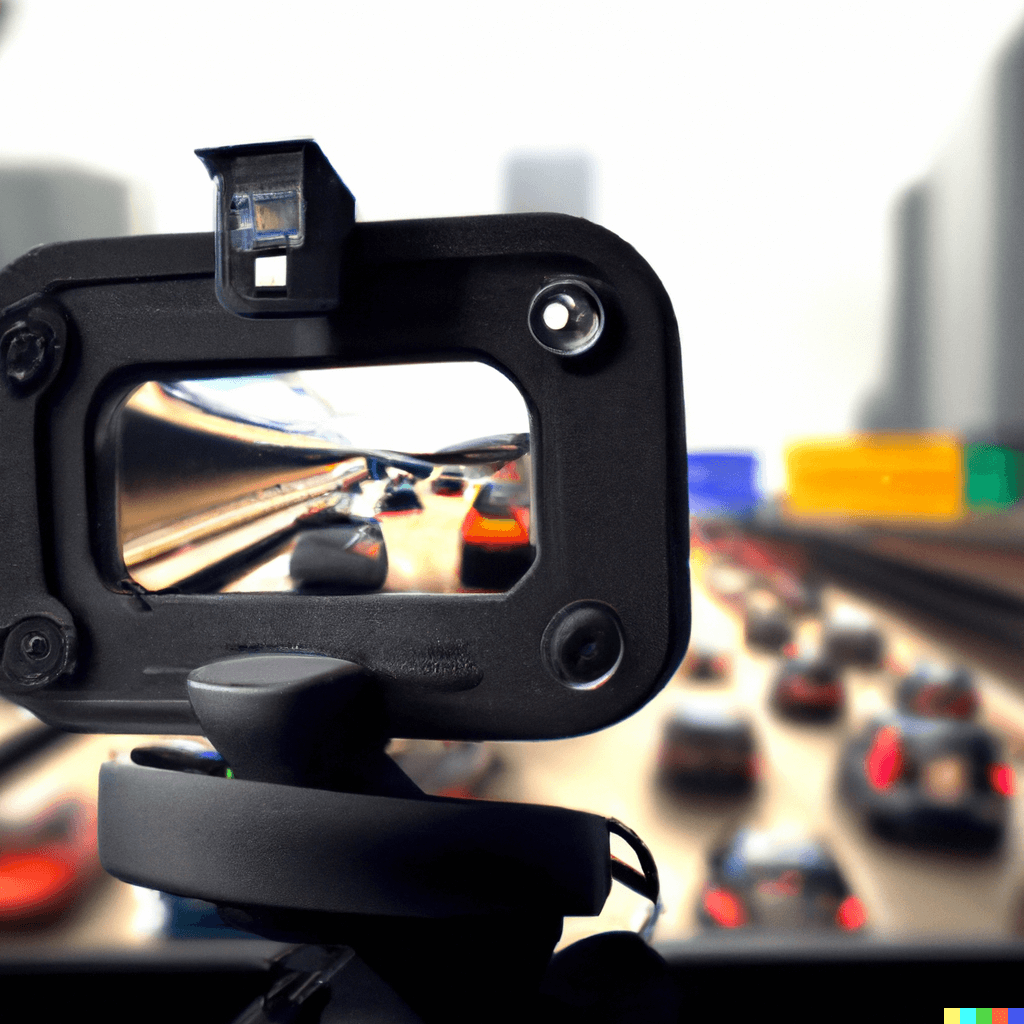Leveraging Dash Cams: A Crucial Tool for Evidence Collection and Proving Negligence
Hello, and welcome to the SELPH LAW blog, your trusted resource for legal insights and tips. Today, we turn our attention to an increasingly vital instrument in road safety and accident claims – the dash cam.
Over the years, technology has permeated our lives in countless ways, both simple and complex. One area that has seen significant tech advancement is the automotive industry, with gadgets such as dash cams becoming increasingly commonplace.
The Role of Dash Cams
Dash cams, small cameras installed on a vehicle’s dashboard or windshield, continuously record the view through the vehicle’s front windscreen and sometimes the rear or other windows. They serve many purposes, but one of the most important is their role in providing evidence in the aftermath of road accidents.
Why are dash cams becoming an essential gadget for motorists? The answer lies in their ability to impartially document events leading up to an accident. This footage can be crucial in determining fault or negligence during a car accident investigation or legal proceeding.
Dash Cams and Negligence Claims
In a negligence claim, it is often challenging to conclusively establish the party at fault. This is where dash cam footage comes in handy. Dash cams capture events in real-time, and their recordings can reveal critical details such as traffic violations, distracted driving, and reckless road behavior that may have contributed to the accident.
For example, suppose a driver was texting while driving and caused a collision. In that case, a dash cam recording can provide solid evidence of this negligence, bolstering your case substantially. Consequently, dash cams have become a powerful tool for lawyers and insurance companies in handling accident claims, often expediting the process significantly.
Actionable Steps for Accident Victims
If you’ve been in an accident and have a dash cam installed, there are important steps you should take:
1. Preserve the Footage: The moments immediately following an accident can be overwhelming, but it’s essential to safeguard your dash cam footage. Make sure the device is not recording over critical evidence. Remove the memory card if possible, or turn off the camera after ensuring you’ve captured the incident.
2. Share the Footage with Your Attorney: Promptly share the dash cam recording with your attorney. This will allow them to review the footage and understand the accident dynamics, which can provide a strategic advantage in your claim.
3. Provide the Footage to the Police: If law enforcement is involved, it’s vital to share the dash cam footage with them. This evidence can be critical in their report, influencing the decision-making process of insurance companies.
Preemptive Measures: Actionable Steps for Motorists
Even if you’ve never been in an accident, it’s prudent to prepare for the possibility.
1. Invest in a Good Dash Cam: Choose a high-quality dash cam that provides clear footage, reliable operation, and adequate storage. Night vision capabilities can also be beneficial for capturing footage in low light conditions.
2. Regularly Check Your Dash Cam: Dash cams are only effective when they work correctly. Regularly check your dash cam to ensure it’s functioning properly and that the lens isn’t obstructed.
3. Familiarize Yourself with the Law: Understand the laws regarding dash cams in your area, as some jurisdictions have regulations on where a dash cam can be placed or how footage can be used.
4. Save and Backup Footage Regularly: Regularly save and backup your dash cam footage. This helps ensure that in case of an accident, the incident hasn’t been overwritten by new data.
At SELPH LAW, we understand the value of dash cam footage in supporting your case following an accident. Our experienced team is equipped to leverage this tool effectively, striving to bring justice to accident victims.
Remember, the road to justice begins with you. Stay safe, be vigilant, and ensure your peace of mind with the proactive use of technology. By following these guidelines and investing in a dash cam, you’ll be well prepared for any incident that may occur on the road. Should the unthinkable happen, know that SELPH LAW is here to support and guide you through the legal process.
Sub Categories
Recent Articles
-
 Jul 22, 2024Seasonal Risks Leading to Different Types of Personal Injury Accidents
Jul 22, 2024Seasonal Risks Leading to Different Types of Personal Injury Accidents -
 Jul 22, 2024Common Injuries in Different Personal Injury Cases
Jul 22, 2024Common Injuries in Different Personal Injury Cases -
 Jul 22, 2024Maximizing Compensation in Personal Injury Accident Cases
Jul 22, 2024Maximizing Compensation in Personal Injury Accident Cases -
 Jul 22, 2024Unnatural Provable Negligence in Slip and Fall Cases
Jul 22, 2024Unnatural Provable Negligence in Slip and Fall Cases

